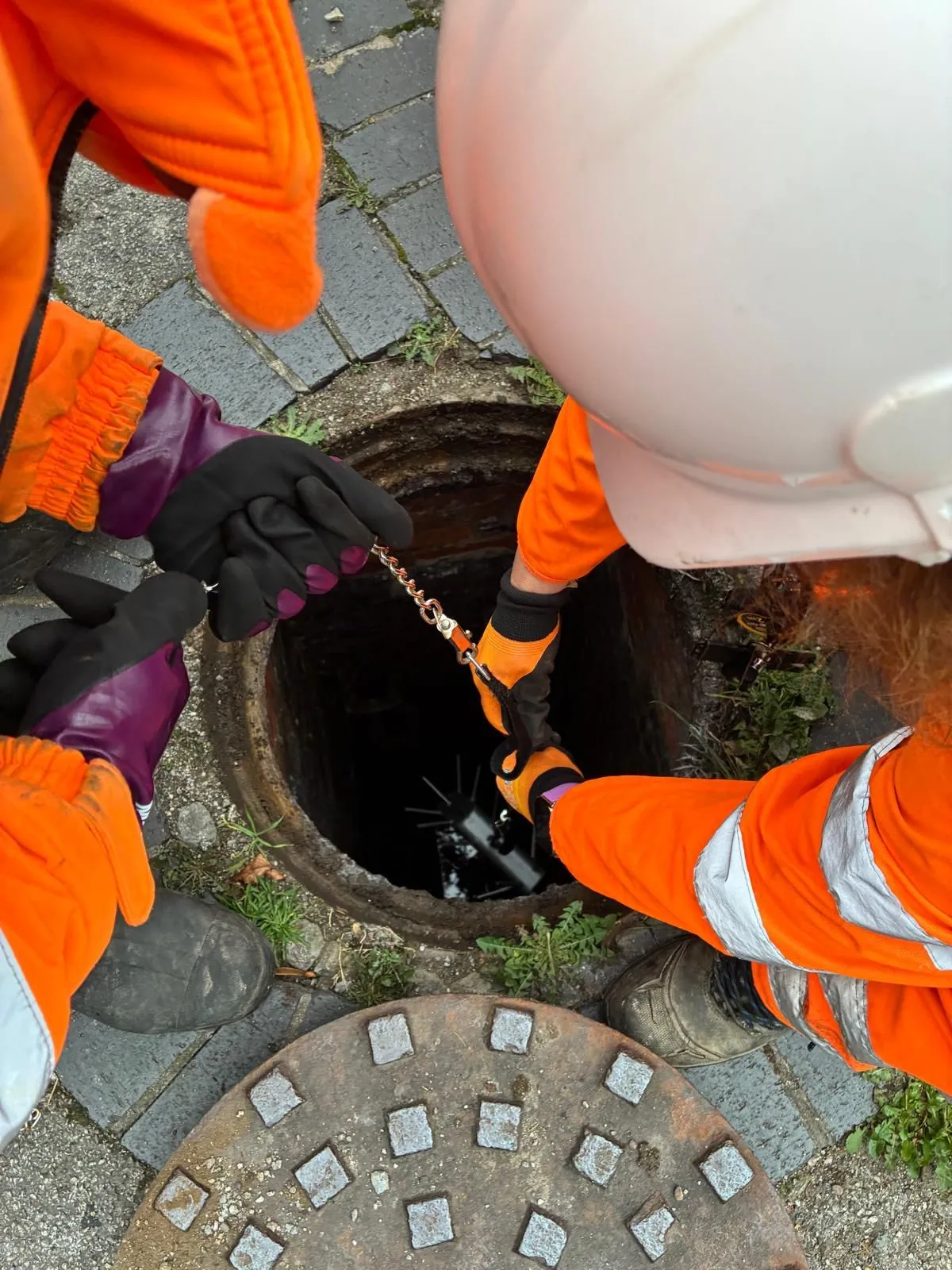Copyright expressandstar

The initiative, focused on Michael Road and the surrounding areas, saw teams from the water company and its partners ECAS, knocking on 40 doors, distributing educational literature, and speaking directly with a number of residents. Teams also used the specialist device, the Stickleback, designed to capture debris in the sewer system and crews were able to identify and remove problematic waste issues. In just a couple of hours around ten manholes were lifted, and a full black bag of wipes was recovered, either directly from the sewer or collected by the Stickleback, downstream. Not only that, three blockages caused by wipes were discovered and cleared, including one that was broken up and tracked downstream where the Stickleback successfully captured the remaining wipes. The team also conducted CCTV surveys and dye testing to confirm sewer connectivity, and these efforts have already led to collaboration with Walsall Homes, who are keen to arrange a joint site meeting with their residents to address shared concerns. Residents responded positively to the engagement, with many pledging to change their habits. One customer admitted to pouring leftover soup down the toilet, highlighting the need for continued education around what should, and shouldn’t, go down the drain. Grant Mitchell, Blockages Lead at Severn Trent, said: “It was a really productive day. We were able to speak to residents, clear several blockages, and gather valuable data using the Stickleback. “The day highlighted the need for continued education around what should and shouldn’t go down the sewer. But the feedback from the community was encouraging, and we’re already seeing signs of behavioural change. These kinds of proactive visits make a real difference.” Philip Soden, Managing Director of ECAS, said: “It was a real ‘street-to-sewers’ kind of day, from talking to residents about where they put their used wet wipes, to then seeing the Stickleback in action, catching discarded wipes in the pipes beneath our feet. “Most households want to do the right thing, but sometimes it can be hard for people to see the connection between what happens in their home and how that impacts the sewers and the wider environment.” The day comes as Severn Trent supports Unblocktober, a wider campaign to reduce blockages and highlight that items such as wet wipes, fats, oils, and greases (FOG) which are wrongly disposed of down toilets and sinks, can lead to serious blockages and flooding in the home that could prove costly to fix. So, customers are asked to ‘Be a binner, not a blocker’, and reminded that only the Three P’s, pee, poo and (toilet) paper, should be flushed down the toilet and that fats, oils, and greases (FOG) are left to cool and then scraped in the bin. If unflushables make it through the network, they end up at sewage treatment works where they’re filtered out and sent to landfill, an unnecessary and environmentally damaging process that can be avoided. To learn more about how to prevent blockages, visit stwater.co.uk/avoidblockages. For more on the Unblocktober campaign, visit unblocktober.org. If you’re experiencing slow drains or suspect a blockage, report it online or call 0800 783 4444.



